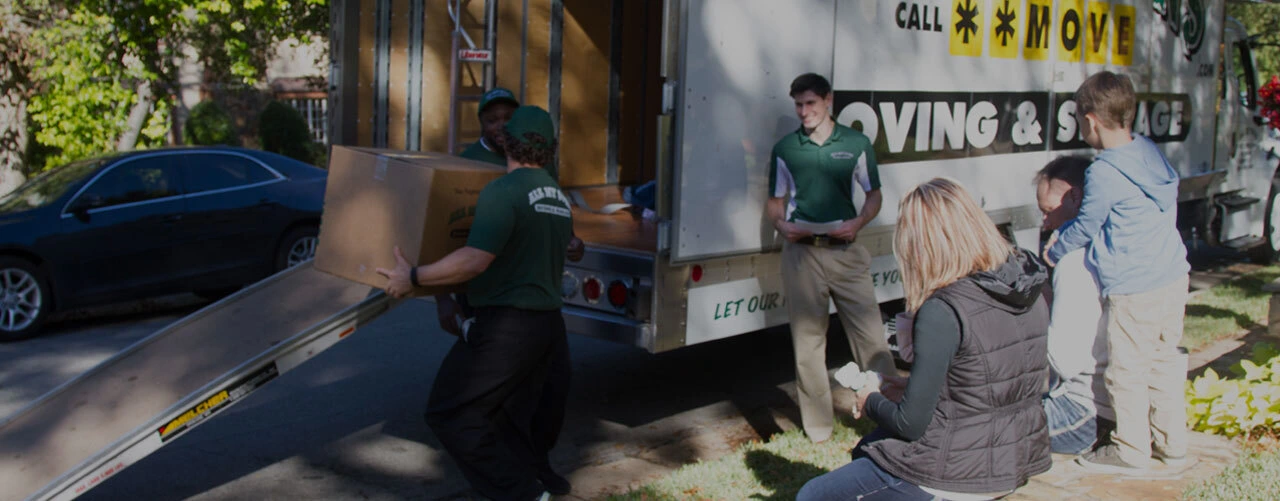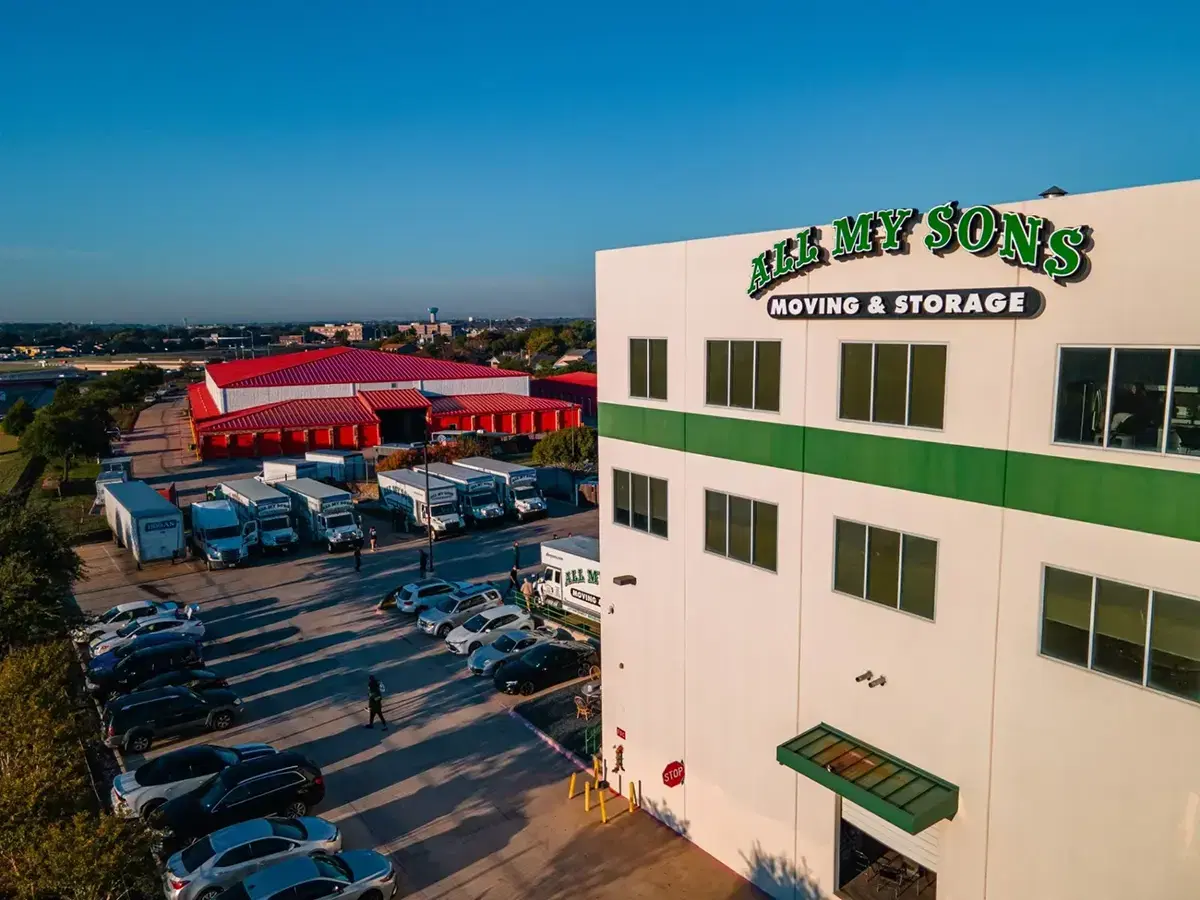Do You Need Storage?
If you’re in the process of moving, decluttering, or if you run a business that needs a little extra space, then renting a storage unit could be an ideal solution for you. Whether you’re looking for a space to keep your landscaping tools for your business or need a quick space while your new home gets ready, a storage unit can help you get that extra room you need.
Whatever your reason for considering storage, there are several questions you should ask yourself before you sign a rental agreement to ensure that you choose the right unit and the right facility to meet your needs. Thinking through your storage needs prior to making a decision can save you time and money down the road.
You have options when it comes to storage. There are roughly 52,000 self-storage facilities across the United States reporting an average monthly occupancy rate of 85.29%.
All My Sons Moving & Storage has been in the business of helping people make a smooth relocation for almost 30 years and we know storage solutions. Here are five questions we recommend you ask yourself before you choose your storage unit.
Question 1: What items will you be storing?
Your first concern might be that you have enough space for all the items you plan to store, but you should also consider the conditions of the unit you’re looking to rent. If you’re planning on storing media like DVDs, CDs, or vinyl records then your storage needs are different from someone storing hardy wooden furniture. Be careful of items that are sensitive to changes in temperature and humidity, especially if you will need to store the items for an indefinite period.
Lawn equipment is probably safe in a non-temperature controlled drive-up unit, but your fine art may not be. To save yourself the heartache of throwing out damaged items, ensure you choose a unit that fits the needs of the items you plan to store.
Question 2: How long will you need to store your items?
If you need a long-term solution for your business, you should ask about discounts for committing to longer rental periods or look into a facility where you could sign a lease for a year or more.
If you are moving into a temporary living space and plan to be out of your unit in several months, then a short-term month-to-month agreement might work out in your favor. Buyer beware though, some storage renters move in thinking they will need the unit for a short length of time, but then plans change and they might end up needing the unit longer.
Question 3: How often will you need to access your items?
If you run a business and need to get into your storage unit daily, then you want to choose a unit that is easy to access. You should take into consideration how far the facility is from your regular base of operations, and how easily you can get into the unit once inside the facility. Drive-up units are great for businesses that need to access their units on a consistent basis, but if you plan to store your items until you are ready to move them later, you can likely get away with a third-floor unit.
Some storage facilities will only allow access during certain hours. When you find yourself needing access to your unit in the wee hours of the morning, you should ask about 24/7 access options so you can be sure to get into your unit when you need to.
Question 4: What costs are involved?
The average American storage renter pays about $85.30 per month for their storage unit. Your unit might be more or less expensive based on the size of the unit and what amenities you have for the unit.
When you read your rental contract, look for any additional fees beyond the unit’s regular monthly rent. Factor in any promotions or discounts the storage facility is offering you.
Be aware of your facility’s policies and legal obligations if for some reason you were not able to pay for the unit anymore. Most storage facilities will auction off units that are more than 90 days overdue, but they are legally required to provide written notice of the auction to the last address you gave them. Some facilities will have settlement options, where you pay a portion of what you owe in exchange for the chance to move out immediately.
Finally, consider the cost of what you’re storing. If they are items that are irreplaceable, then it might make sense to pay rental fees on them for an indefinite period. If not, consider whether you should keep the item before you put the item in storage.
Question 5: What insurance options are available?
Insurance can help cover the cost of your items in the case of an unexpected disaster or theft. Before you set out to rent a storage unit, make an inquiry with your homeowner’s or renter’s insurance to see if they will cover items you put in storage. If they will not, storage facilities can usually offer their own coverage that would be added to your rent every month.
Read the terms of your insurance policy to understand what possible damage and disaster events you’re covered for and what exclusions may be applicable.
Ready to Move into Storage?
When you carefully consider your options before you rent a storage unit you can save yourself a good deal of time, money, and possible headache in the long run. Your belongings have great monetary and sentimental value, and you want to be sure they are stored securely and safely for however long they must sit in your storage unit.
For your storage needs, consider All My Sons Moving & Storage to carefully stow your items away until you need to access them again. We have a diverse variety of storage unit sizes, temperature-controlled options, and great security solutions designed to safeguard everything from important documents to office furniture. Call our location and ask about our storage options to get started storing your items.
Quick Moving Tips
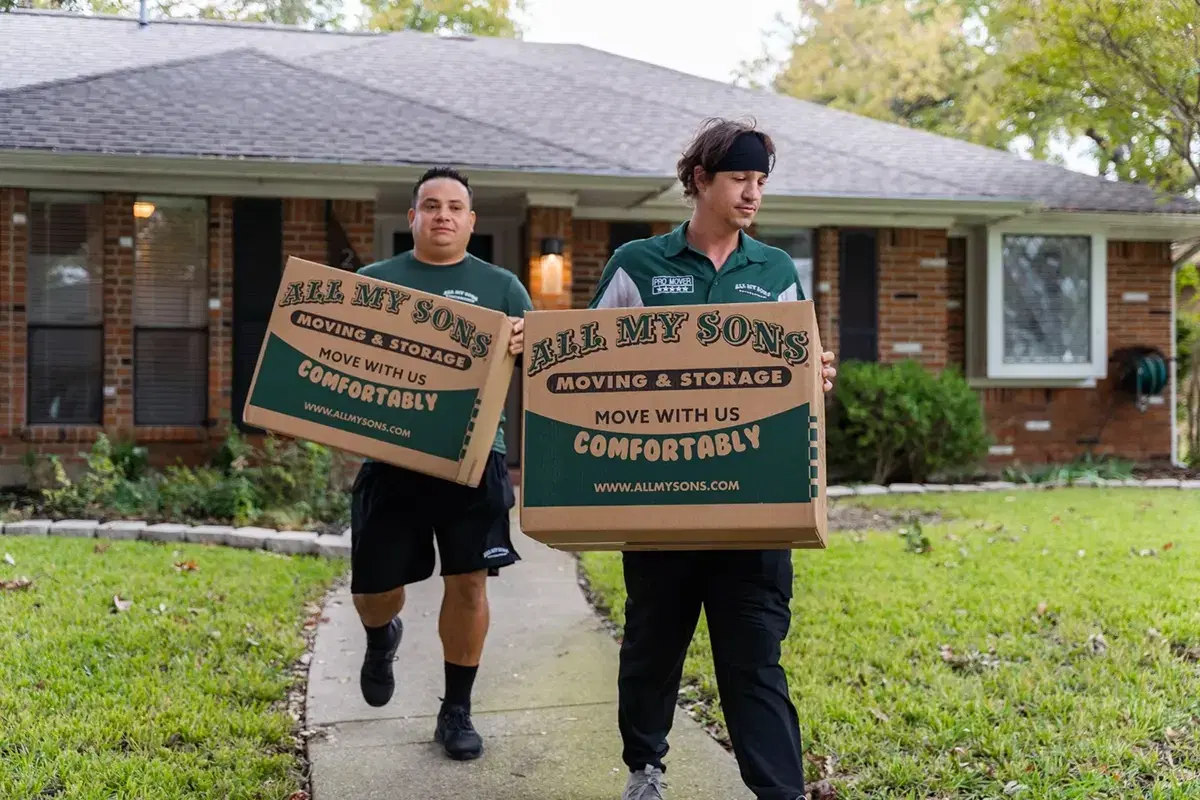
How to Downsize Before a Local Move: Steps to a Fresh Start
The process of downsizing enables you to evaluate your belongings and determine what you truly want to keep in your life.
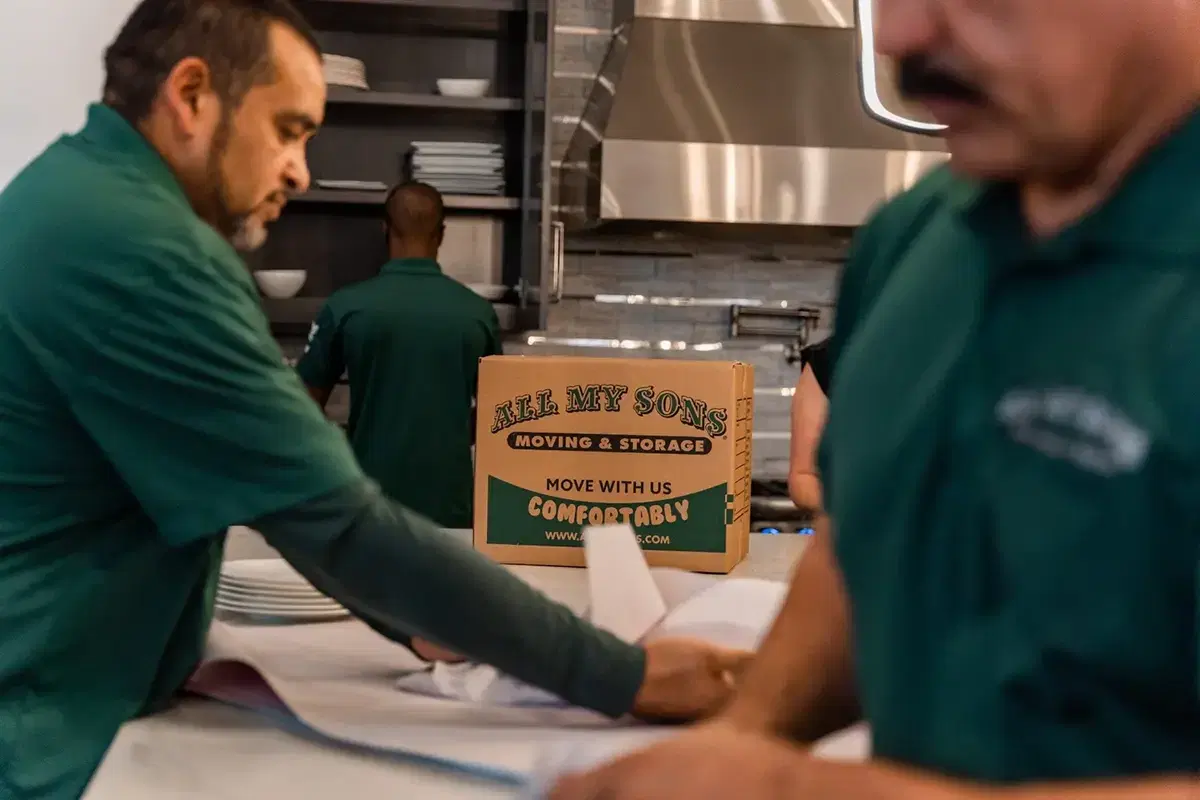
The Importance of a Moving Inventory for a Smooth Local Move
One of the most useful tools you can create during your moving process is a household or moving inventory.
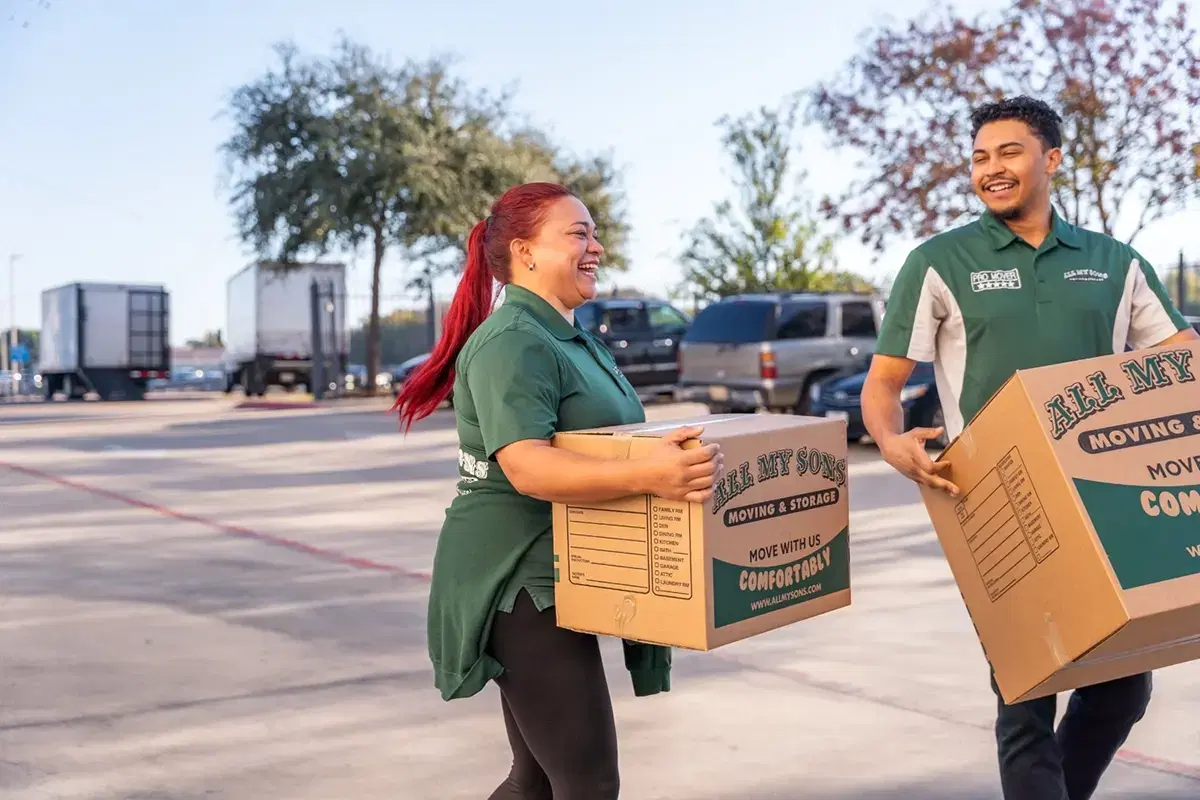
Moving Checklist for a Last-Minute Move
Whether you’ve let moving procrastination get the best of you or something unexpected has left you preparing for a last minute move, this simple starter checklist is for you.

